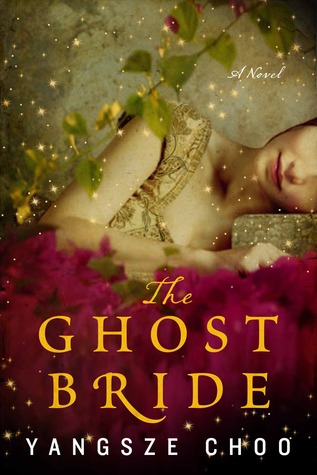I have completed my Lord of the Rings re-read, and it didn't take me a year between volumes this time! In The Return of the King, the battle for Middle Earth is finally played out. As Frodo and Sam journey into Mordor with the aim of destroying the ring, Aragorn attempts to distract Sauron with a series of battles, each more desperate than the last. Dark forces are massing outside the city of Gondor, ruled by the steward Denethor, who is becoming increasingly pessimistic and unwilling to take the steps needed to muster a response, especially after the death of his son Boromir. Can Aragorn step up and prove himself to be a leader as the war reaches its final days?
Although Fellowship of the Ring remains my favourite of the trilogy, I enjoyed Return of the King more than The Two Towers. As we are at the end of the story, the pace becomes much brisker and there is a sense that now all of the pieces are in place, the main events can begin. There's less of Frodo and Sam wandering aimlessly around Middle Earth, and more battles and strategy. I enjoyed visiting Gondor and I especially enjoyed the character of Faramir, who has to choose whether to do the right thing, regardless of the instructions from his father. It can be hard to do the right thing, but even more so when you receive nothing but scorn for doing it.
In this volume, the main characters continue to develop. Gandalf increasingly takes a back-seat, so that Aragorn and the hobbits can solve things for themselves. On this read, I really related to this theme of growing up. At the beginning of the trilogy, Gandalf was the person with all the answers, and we saw how lost the Fellowship was without him. But by the time we reach the very end, everyone has been through so much and the issues are so complex that Gandalf no longer has the metaphorical magic wand that can fix everything. And this perfectly captures the bitter-sweet feeling of growing up. I loved that a high fantasy novel can still make you reflect on your own life, and how you have grown;
"Do you not yet understand? My time is over: it is no longer my task to set things to rights, nor to help folk do so. And as for you, my dear friends, you will need no help. You are grown up now. Grown indeed very high; among the great you are, and I no longer have any fear for any of you."
On the whole, reading The Return of the King was definitely a positive reading experience, mainly due to the wide cast of characters and the fact that too much page time wasn't devoted to Frodo and Sam. I must admit that I did get a bit frustrated with the end of the novel, as there were still many pages after the destruction of Sauron. There were too many goodbyes, too many visits to old friends, and the final events in the Shire seemed a bit unnecessary, as Tolkein had already shown that the hobbits had matured. It felt as though Tolkein had grown so attached to his characters that he couldn't bear to leave them without explaining what happened to everyone in great detail, and it did get a bit tedious.
On this second read of The Lord of the Rings, I think I can finally appreciate why the books are classics in the fantasy genre. The world building is just so good, and the story itself so engaging. I'm not sure if I'll read them again, but I'm glad I took the time too revisit them.
Source: Personal copy
First Published: 1955
Edition Read: Harper Collins, 1999
Score: 4 out of 5
The Classics Club: Book 22/72
My full list of titles is here.










